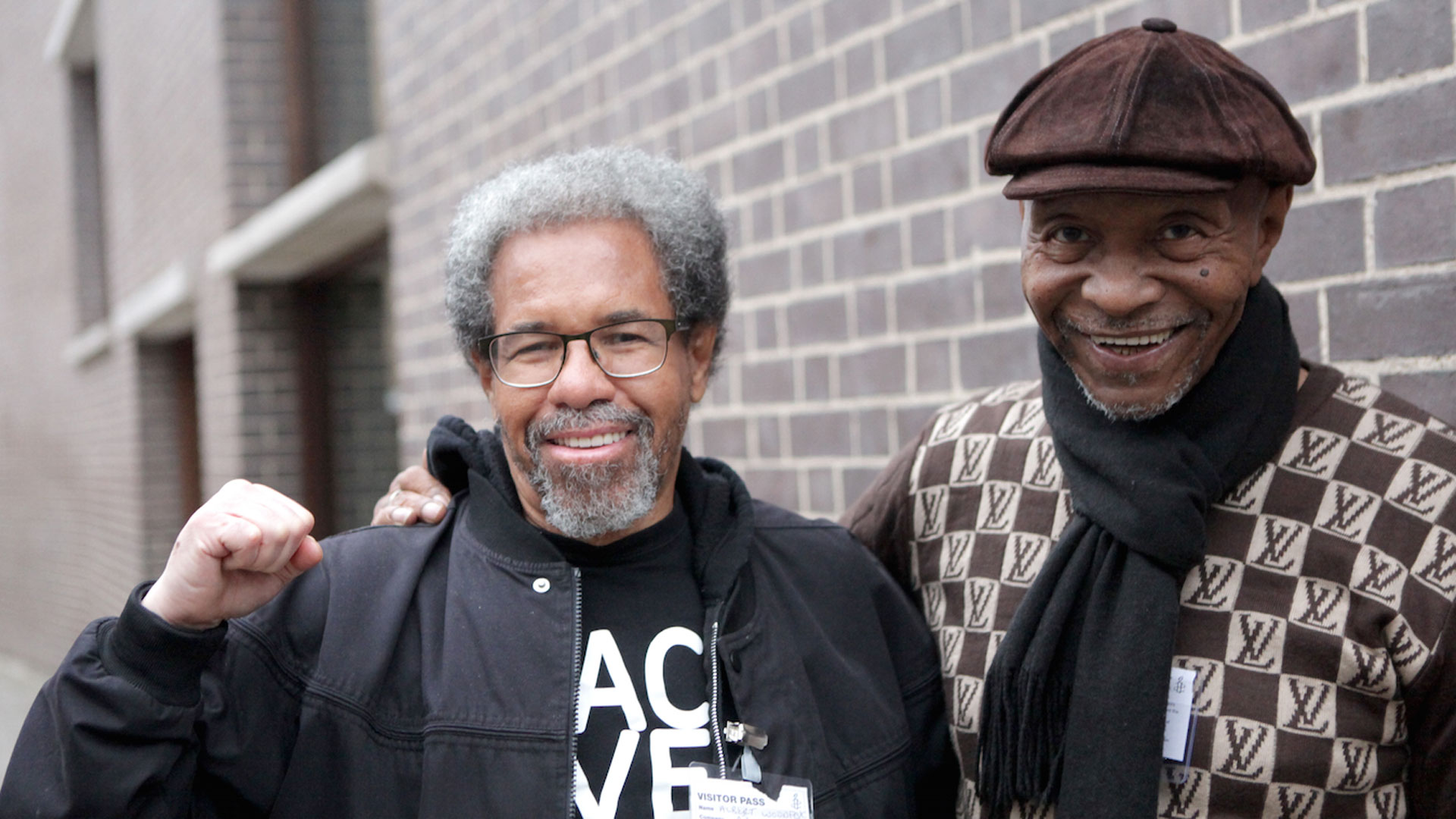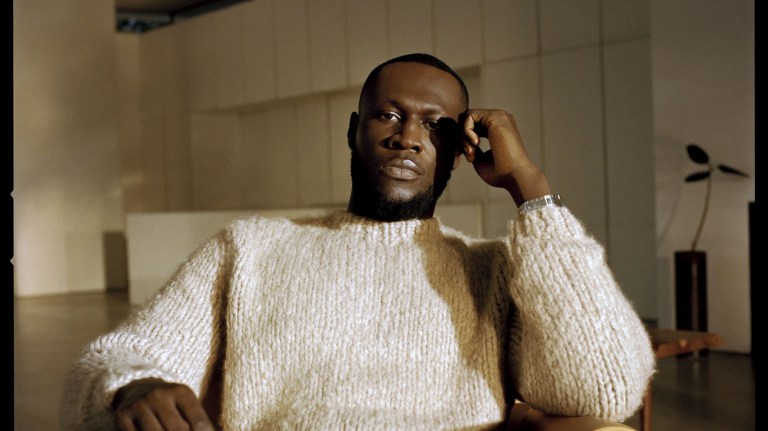Freedom is not an easy thing to get a handle on. Not when you have been deprived of it for so many years. Albert Woodfox spent 43 years – most of his adult life – locked up in solitary isolation in a Louisiana prison cell, cut off from all human contact. Since winning his release in February this year after a plea deal, Woodfox, now 69 years old, has been slowly readjusting to life on the outside.
“I guess you could say I’m getting a run on the beat of freedom,” he says. “There are adjustments – constant adjustments. Things move at a much faster pace.”
The Big Issue caught up with Woodfox and Robert King, the man he describes as his “friend and comrade,” while they were in London to talk about the evils of solitary confinement and deep-rooted problems with the American criminal justice system.
I guess you could say I’m getting a run on the beat of freedom
Woodfox and King are part of a group known as the ‘Angola 3’ – three men sentenced to life imprisonment back in 1974 for the killing of a prison guard two years earlier. It happened on the basis of some notoriously flimsy evidence – one witness reportedly bribed, another reportedly blind.
Spending most of their imprisonment in Louisiana State Penitentiary, also known as Angola prison, the case was long viewed as one of the United States’ most striking miscarriages of justice. The Big Issue has championed the three men’s cases and raised human rights concerns about their treatment many times over the years. Anita and Gordon Roddick, the couple who helped establish The Big Issue 25 years ago, became an integral part of the campaign to free the three men.
Herman Wallace was freed in 2013 after his conviction was also overturned, only to die of a long-standing liver illness just three days after his release. King was released back in 2001 after his conviction was overturned, so he was able to be there to see Woodfox, the last imprisoned member of the Angola 3, finally released earlier this year.









